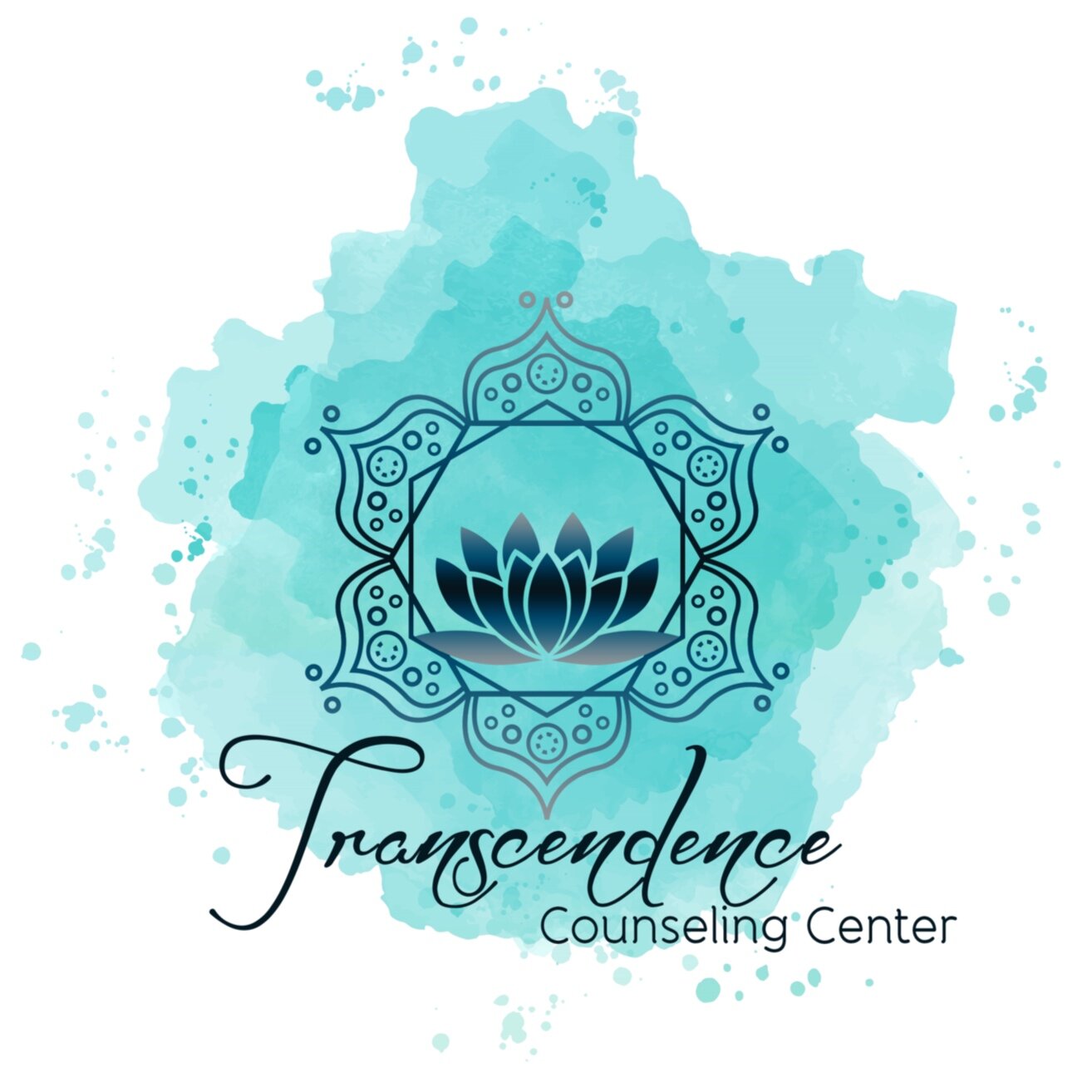Stress is a normal part of everyday life but it can easily become overwhelming if we fail to address and manage it in a healthy way. Therapy can be a powerful investment since it not only alleviates your current stress, it leaves you much better equipped to manage future stress as well.
10 Ways To Practice Self-care (that won't cost a thing)!
5 Signs You Need To Take A Mental Health Day
Anyone who has tried to “power through” an illness knows that doing so often worsens symptoms and delays progress, ultimately prolonging the illness. The quickest way to heal is to rest your body and take care of yourself.
Mental health days give us time away from work or school to practice the self-care we need to get back on track. It allows us to heal our minds and bodies.
9 Truths about Eating Disorders
9 Truths about Eating Disorders
Forget the Myths...Learn the Truth!
Myths can hurt
According to the National Eating Disorder Association (NEDA), 20 million women and 10 million men in the U.S. will suffer from a diagnosed eating disorder at some time in their life. That is already a huge number. But we also have to consider the millions of individuals who struggle with disordered eating behaviors but are not diagnosed because their outward appearance or symptoms are not as apparent. Their physical and mental suffering are no less destructive just because they do not fit the public perception.
How often to we hear people say things like "I wish I had anorexia for a little while", "I wish I had that kind of self control", or "I wish I could have an eating disorder so I could lose a little weight"? They do not realize what that wish would really cost.
Common side effects of anorexia nervosa include an abnormally slow heart rate and low blood pressure to conserve energy and keep the heart from working too hard. Drastic reductions in bone density lead to osteoporosis that can leave teens and young adults with bones that resemble those of the elderly. Muscle weakness, dehydration, fatigue and severe nutrient deficiencies are all too commonly seen in individuals with anorexia nervosa.
Bulimia nervosa can devastate the gastrointestinal system, causing inflammation, erratic bowel movements, peptic ulcers and possible rupture of the esophagus, along with irregular heart beat, electrolyte imbalances and erosion of tooth enamel, all potentially brought on by frequent vomiting.
Challenging Myths
In 2015, 13 eating disorder organizations, in collaboration with Cynthia Bulik, Ph.D., FAED, published the “Nine Truths About Eating Disorders", a document that reflected the most recent research on eating disorders. “Nine Truths About Eating Disorders" helped challenge some of the myths that have persisted despite improved research over the last several decades.
One of the best ways to fight stigma is with the truth. Increased public understanding about eating disorders help raise awareness and encourage early intervention in eating disorder treatment. Myths and misinformation about eating disorders lead to shame, isolation, and increased secretive behaviors that often devastate relationships and lives.
Here are The Nine Truths about Eating Disorders and my perspective on each:
Truth #1:
Many people with eating disorders look healthy, yet may be extremely ill.
You can't tell if someone has an eating disorder just by looking at them. Years of misinformation and media that almost only depicts severe causes of anorexia have conditioned us to believe that eating disorders are about weight. In fact, since the latest edition of the Diagnostic and Statistical Manual of Mental Disorders (DSM-5), there is no weight criteria for diagnosis since the devastating physical and psychological effects of eating disorders are not dependent upon weight.
Truth #2:
Families are not to blame, and can be the patients’ and providers’ best allies in treatment.
It is true that family roles and conflicts can play a part in the development and maintacnce of eating disorders. However, that is not enough to say that families are at fault. Many evidenced-based treatments such as Family-based treatment (FBT), actually use the family dynamic as an asset in recovery.
Truth #3:
An eating disorder diagnosis is a health crisis that disrupts personal and family functioning.
The general public seems to think that eating disorders are solely about food and only affect weight and health. While the most overt symptoms may present themselves around eating, obsessions with food, body weight, and shape are only signs of an eating disorder not the disorder itself. The true experiences of these disorders extend across the individuals' life, often negatively affecting their ability to care for themselves and live independently.
Truth #4:
Eating disorders are not choices, but serious biologically influenced illnesses.
I probably can't say this enough: Eating disorders are not lifestyle choices. People tend to erroneously equate eating disorders with diet culture. This completely ignores role of biology in the development of eating disorders. Eating disorders are biologically-based illness and are not something that people do to themselves.
Truth #5:
Eating disorders affect people of all genders, ages, races, ethnicities, body shapes and weights, sexual orientations, and socioeconomic statuses.
There is a stereotype of the eating disorder sufferer that persists to this day: White. Upper-middle class. Teenage. Female. Unfortunately, in order to receive an eating disorder diagnosis you must first be identified as someone who has an eating disorder. Even mental health professionals can be fooled by stereotypes, especially when they lack specialized knowledge of eating disorders. People who think they do not match the common perception of what an eating disorder sufferer looks like may be hesitant to even seek out treatment in the first place.
Truth #6:
Eating disorders carry an increased risk for both suicide and medical complications.
Anorexia Nervosa has the highest mortality rate of any mental illness. Serious medical complications and suicide affect sufferers of all eating disorders, at range of different weights.
Truth #7:
Genes and environment play important roles in the development of eating disorders.
Society alone is not to blame. Diet culture is not to blame. The "skinny ideal" is not to blame. Eating disorders are complex. They result from an interaction of genetics and social environment that vary immensely from person to person.
Truth #8:
Genes alone do not predict who will develop eating disorders.
There is a genetic component to the development of eating disorders. However, simply being predisposed does not mean that you will inevitably develop one. It is often said that genetics load the gun, but environment pulls the trigger.
Truth #9:
Full recovery from an eating disorder is possible. Early detection and intervention are important.
Eating disorders are not for life and they can be treated! Full recovery is possible. It is important to seek treatment early for eating disorders. Unfortunately, treatment is frequently withheld until people have reached critically low weights, despite it being more effective if applied early and despite the fact that weight alone does not indicate a serious disorder. Individuals who are able to access early intervention, treatment, and therapy, as well as ongoing support are more likely to achieve full recovery.
Contact the NEDA Helpline for support, resources and treatment options for yourself or a loved one. 1-800-931-2237
For crisis situations, text "NEDA" to 741741 to be connected with a trained volunteer at Crisis Text Line.
For more information visit https://www.nationaleatingdisorders.org/help-support









